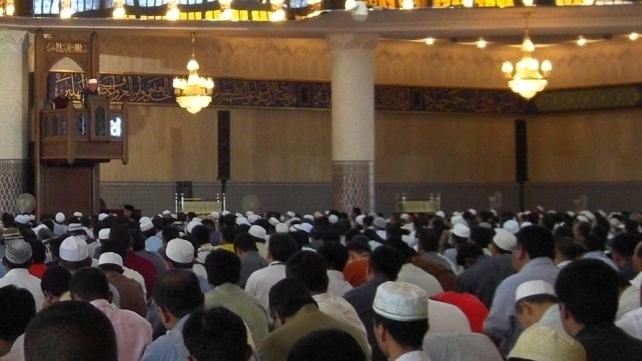
1. Islam offers a democratic ethic
- The principle of shura, or consultative decision-making, is the source of democratic ethics in Islam.
- In establishing the Charter of Medina, Prophet Muhammad, peace and blessings be upon him, demonstrated a commitment to a constitutional governance system and a spirit of federalism based on universal human rights, not unlike the American Bill of Rights.
- Umar (RA) had opined that it is the duty of the common citizen to keep his power in check. He said where I do right support me, and when I do wrong stop me.
2. Working for the benefit of all
Listen to the advice Ali (RA) gave to Malik Ibn Ashtar as he was being dispatched as the governor of Egypt, "Know, O Malik, that I am sending you to a country which has been subjected before you to both just and unjust rulers, and so the people will judge you in the same way that you now stand in judgment of your predecessors. Therefore, let good works be your true assets. Discipline yourself, and covet not that which is not rightfully yours. Train your heart to feel compassion for the people, to love them and be kind to them. Do not behave like a ferocious beast toward them, snatching away their sustenance, for the people are of two categories: they are your brothers in religion and/or your fellow human beings."
3. Today America is in the grips of a paralyzing fear
The most recent Gallup Poll shows that four out of ten Americans admit to feeling prejudiced against Muslims. What should be the response of the Muslim community? Allah says in Quran 9:105 "And say: Work; so Allah will see your work and (so will) His Messenger and the believers; and you shall be brought back to the Knower of the unseen and the seen, then He will inform you of what you did."
And Allah says in Quran 23:51-52 "O Messengers! Enjoy (all) things good and pure, and work righteousness: for I am well acquainted with (all) that you do. And verily this Community of yours is a single Community. And I am your Lord and Cherisher: therefore be conscious of Me."
In the preceding two ayats Allah emphasizes the need for us to act and act as a community, not just by ourselves. The characteristic of believer is that he or she does not engage in wishful thinking but is actually engaged in work, not just any kind of work but hard work - putting the utmost effort into things and continues to work irrespective of the results, irrespective of whether a few or many follow their call to righteous deeds.
4. When it comes to activism we must keep in mind the following principles of Islam:
- Deeds must be righteous.
- Righteous actions are not just acts of ibadah but also include moral actions, social actions, economic actions, political actions, judicial actions, etc.
- Righteous actions are those that are good, and righteous actions are also those that remove evil,
- injustice and oppression.
- The actions become righteous if they are conducted with knowledge, they take into account wisdom (i.e learning from the past mistakes), they take place after careful planning, and are conducted with persistence.
"Inside masjid negara" by Alfianamy - Own work. Licensed under Public domain via Wikimedia Commons - http://commons.wikimedia.org/wiki/File:Inside_masjid_negara.JPG#mediaviewer/File:Inside_masjid_negara.JPG

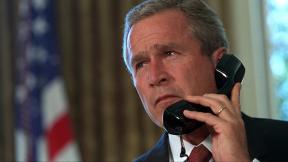
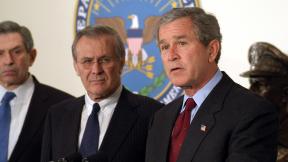
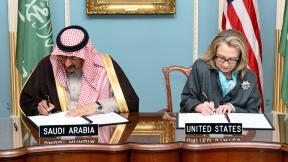

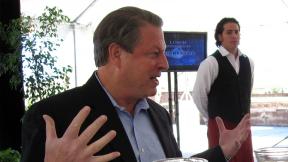


Add new comment